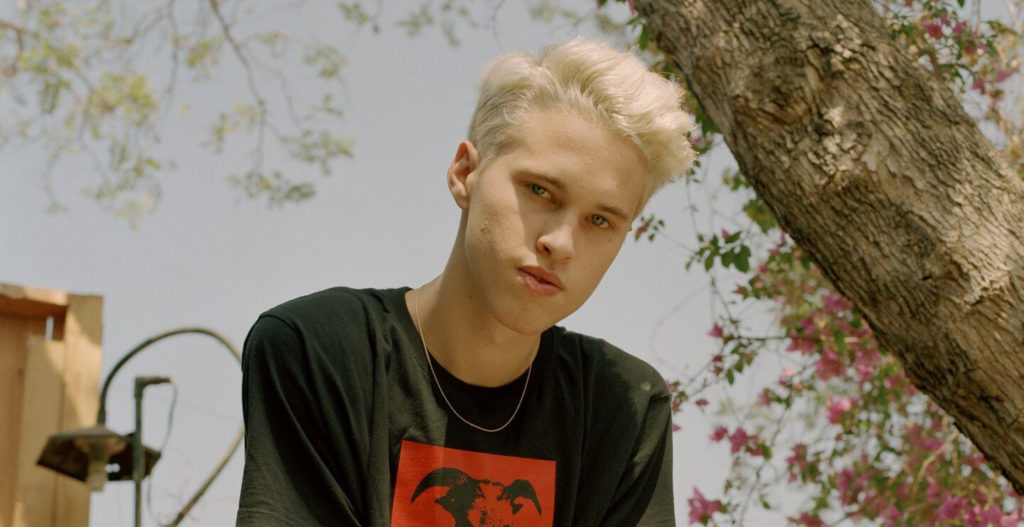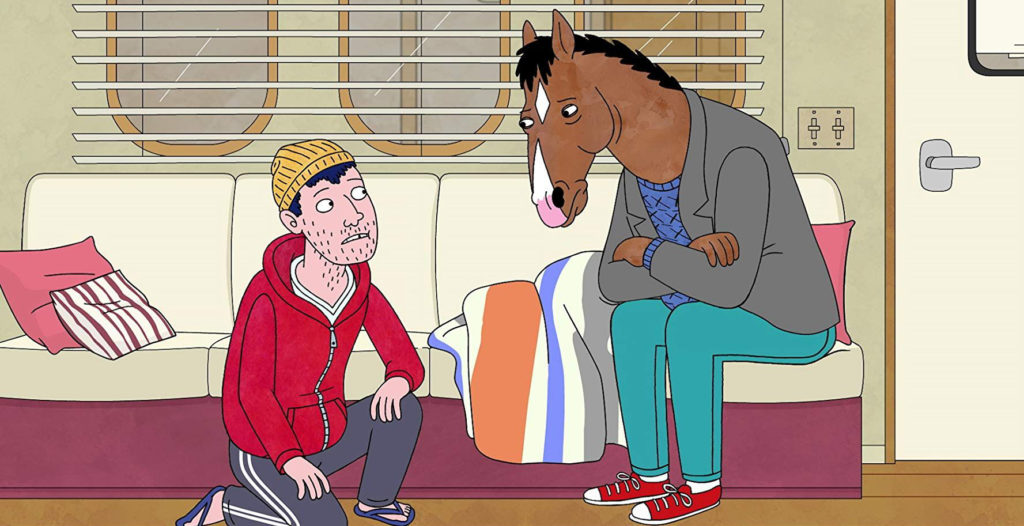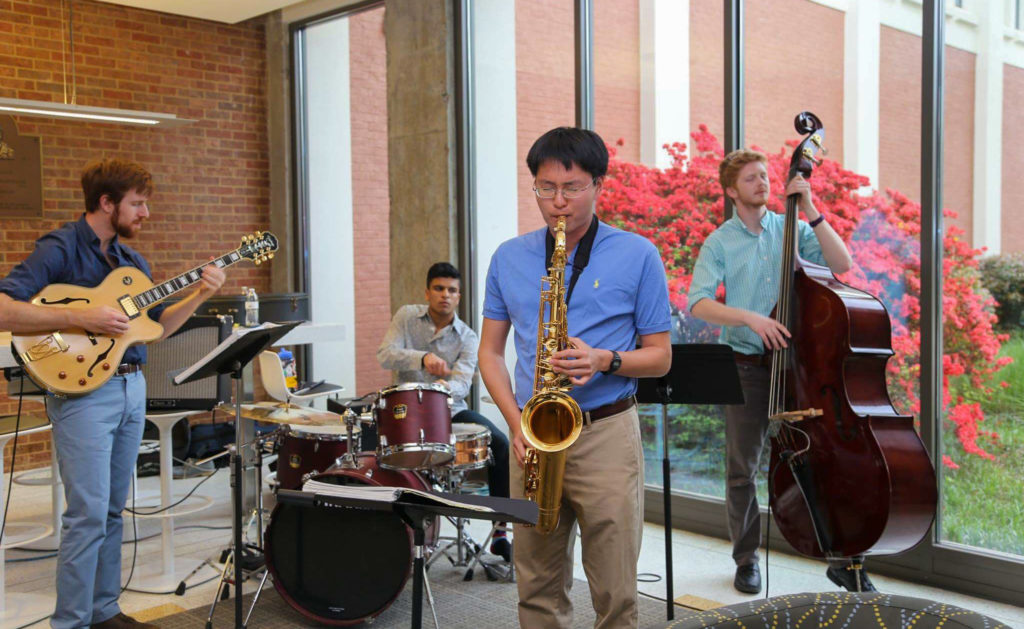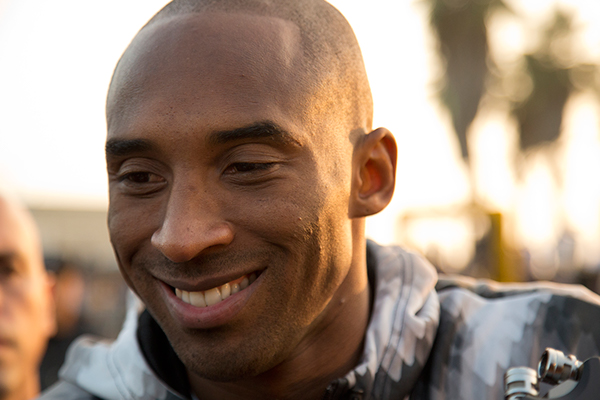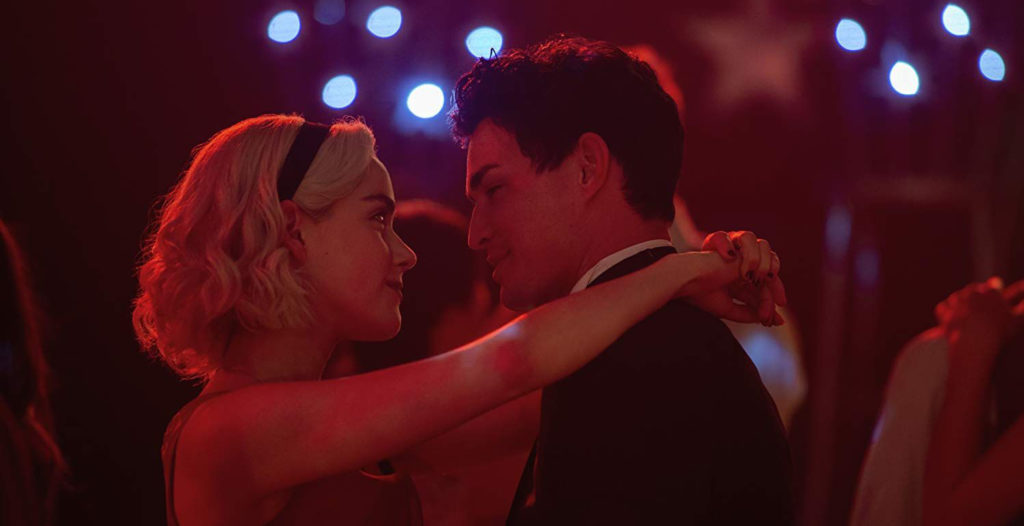
“The Chilling Adventures of Sabrina” returned for its third season on Jan. 24, giving fans yet another dose of teen drama and witchcraft. “The Fright Club” teams up again to take on the challenges of dealing with hormones while fighting the supernatural. Although season three has a lot of highlights and iconic moments, it certainly carries some significant shortcomings.
From the start of this season, one very noticeable thing is the visibly bigger budget that this season had to work with. From the music video “Straight to Hell” and targeted social media marketing to the overall production quality, it was clear that the production studio brought their A-game. While the focus on effects sometimes felt unnecessary, there was a noticeable increase in the quality of the CGI.
A striking distance between this season and others was the overall quality of the soundtrack and music. Unlike previous seasons where the music was just songs that include themes of witchcraft, the shift towards music that actually fits the situation and mood within the episodes was far more appropriate and appreciable. The combination of subtle and very noticeable differences made the season feel far more composed in its narrative and armospher than those previous.
While the season had many high points, it also had many shortcomings. The third season handled a lot of major plot points, but overall significantly failed to show the different sides of all the characters. In the past couple of seasons, multiple characters have dealt with serious issues and battle scars, but overall they lack realistic human wear and tear.
Outside of a few key characters, there also was a general lack of development for many characters, especially for Sabrina. Sabrina’s one-dimensionality and total lack of growth can at times be incredibly disconcerting and frustrating. Her inability to consistently grapple with the real consequences of her actions reaches impossible heights in the third season, making Sabrina quite a nuisance in this season.
Another thing that must be discussed is the show’s focus on underage teenage sex. As the writers for the show’s previous works include “Riverdale,” it is not entirely surprising. While the show does better than “Riverdale” when it comes to depicting the actual act, there are still some crucial problems.
Regardless of the real actors’ ages, the show again discusses and features a fair bit of sex between characters who are not legally of age.
While promoting dialogue about these issues can be beneficial for younger and impressionable viewers, hyper sexualizing minors and intentionally displaying unrealistic narratives of sex are not okay.
To make matters worse, this season takes the time to deliberately highlight which main characters are virgins and which ones are not, and it fails to properly navigate the problematic subject. While the show is tied to Riverdale, it could do a world of good to focus less on the subject matter of underage sex.
Overall, the season did an excellent job of keeping the story riveting and exciting. While the show still lives in the shadow of other supernatural television shows with teen leads like “Buffy the Vampire Slayer,” it has done an excellent job of carving out a place for itself.
Towards the end of this season, the writing turned to hackneyed resolutions for conflicts that will have repercussions on the show going forward.
Still, hopefully the writers properly will take that into account and address it adequately. The season executed many things well but left some things to be desired. “The Chilling Adventures of Sabrina” has proven that it can handle what would usually be a season three slump, and it is exciting to consider what might follow in subsequent seasons.

